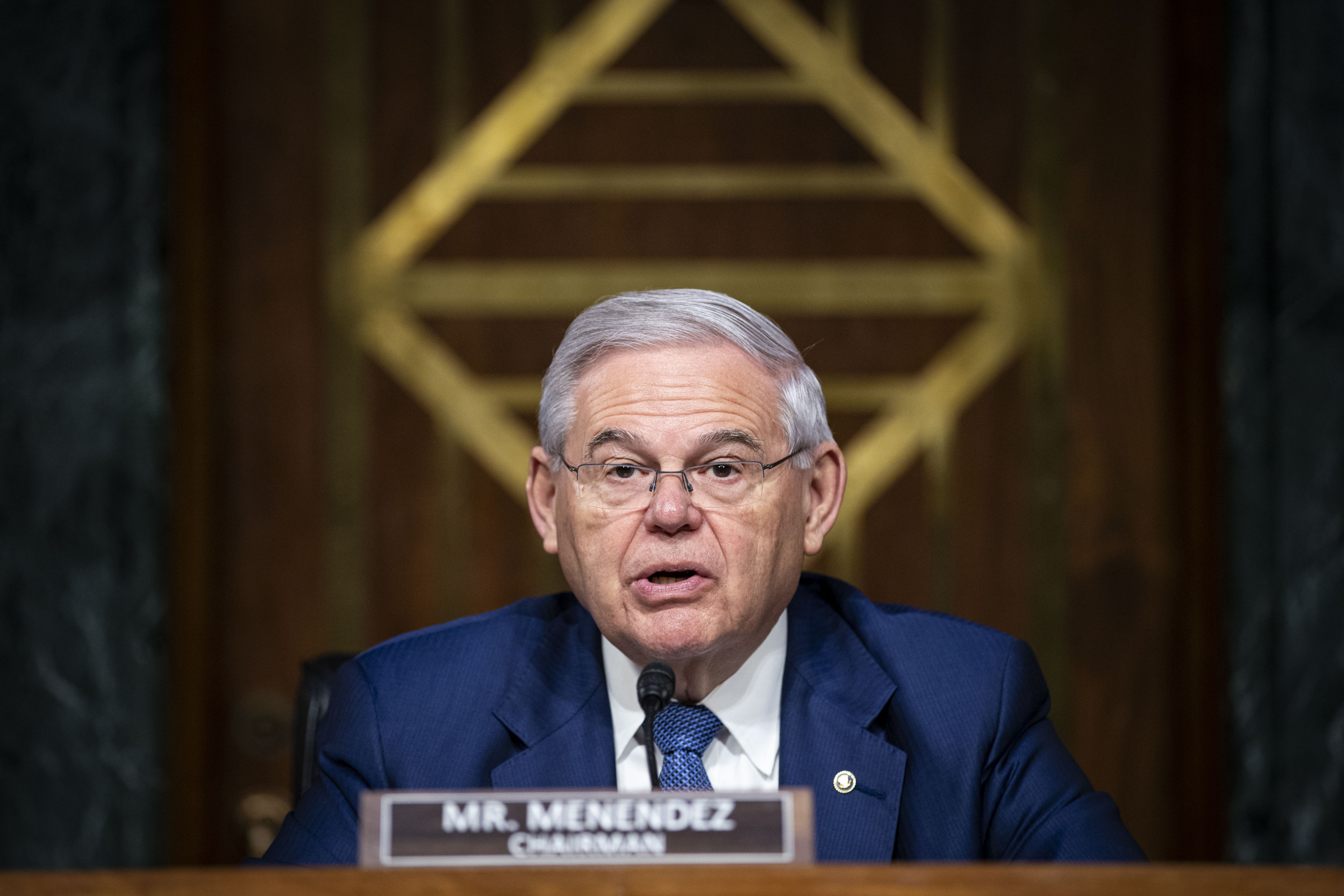There is at present nothing to suggest that the symptoms of the newly emerging JN.1 variant of COVID-19 are any different to other strains circulating among the population, the Centers for Disease Control and Prevention (CDC) has said.
"There is no data that would indicate JN.1 infection produces different symptoms from other variants," a spokesperson for the health agency told Newsweek. "In general, symptoms of COVID-19 tend to be wide ranging with all variants."
It comes after reports emerged in Britain that the new strain—which as of mid-December was estimated to comprise seven percent of cases in the country—may be responsible for causing worry and anxiety, as well as trouble sleeping.
The claims were based on figures produced by the U.K. Office for National Statistics (ONS), which found in a survey of people recently infected with COVID in England and Scotland that between December 7-13, 10.5 percent reported worry or anxiety and 10.8 percent reported tiredness.

However, the ONS cautioned that the results "are based on all participants who reported symptoms regardless of the cause and testing status"—so while a respondent may have had COVID, the symptoms they felt may not necessarily be related to an infection.
Sleeplessness and mood changes could also be attributed to other potential causes at this time of year, such as an infection by another respiratory illness or a lack of vitamin D.
The data also did not give a breakdown of infections among respondents by strain, so it is unclear how many might have had the JN.1 variant.
The CDC spokesperson explained that "the types of symptoms and how severe they are usually depend more on a person's immunity and overall health rather than which variant causes the infection."
However, they added: "There have been reports that COVID-19 may be associated with insomnia and anxiety in some patients, and therefore that can be a general symptom of infection and not related to the variant.
"[The] CDC is constantly researching the effects of COVID variants and will update the public as we learn more."
Long-identified COVID symptoms can range from shortness of breath and a sore throat to a loss of taste, smell and appetite. The virus can also cause nausea, vomiting, diarrhea, aches and a headache.
The spokesperson noted that an updated COVID vaccine formula would protect against the JN.1 variant, but said that "existing vaccines, tests, and treatments still work well against JN.1."
The CDC estimated that as of December 8, the variant comprised 15-29 percent of infections in the U.S., after first being detected in September.
In the week before Christmas, both the number of positive COVID tests and the number of hospitalizations with the virus increased, with some institutions implementing mask mandates to protect against infections.
The uptick in cases is something health officials have expected during the winter months.
Uncommon Knowledge
Newsweek is committed to challenging conventional wisdom and finding connections in the search for common ground.
Newsweek is committed to challenging conventional wisdom and finding connections in the search for common ground.
About the writer
Aleks Phillips is a Newsweek U.S. News Reporter based in London. His focus is on U.S. politics and the environment. ... Read more
To read how Newsweek uses AI as a newsroom tool, Click here.





